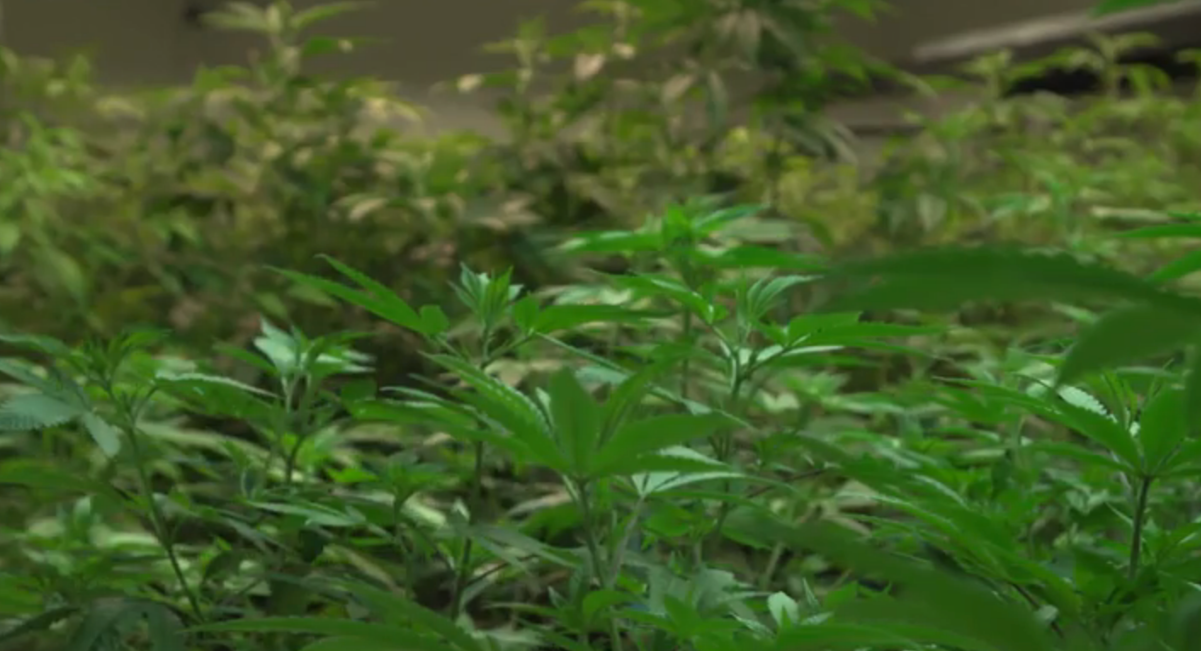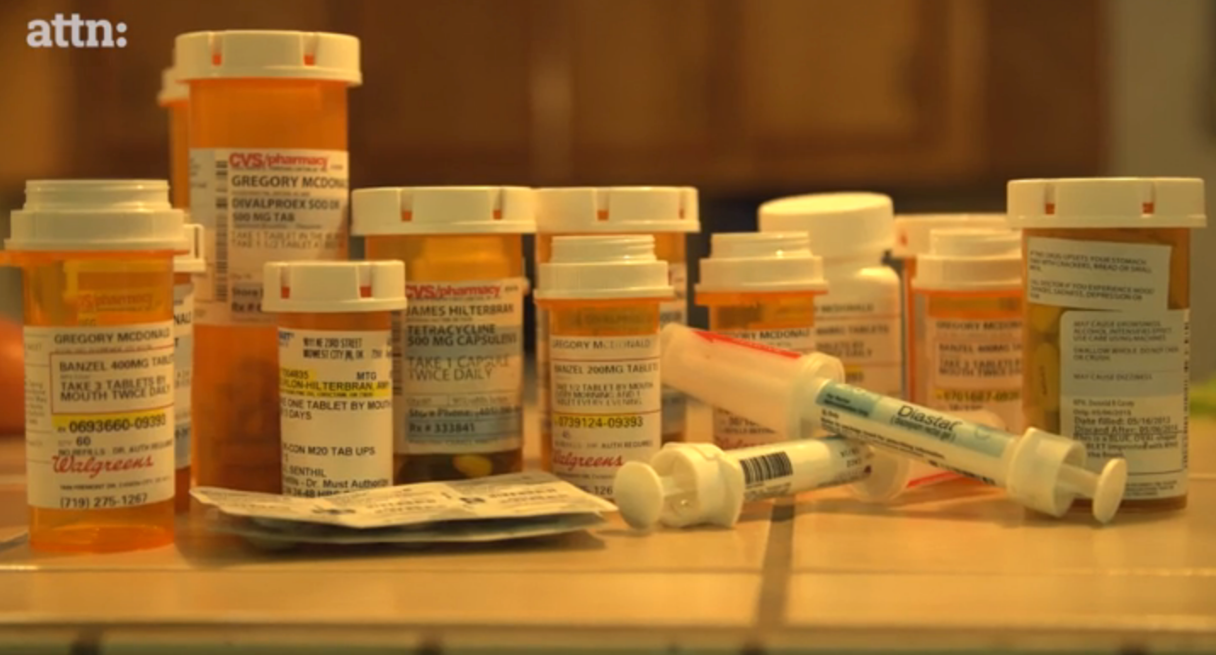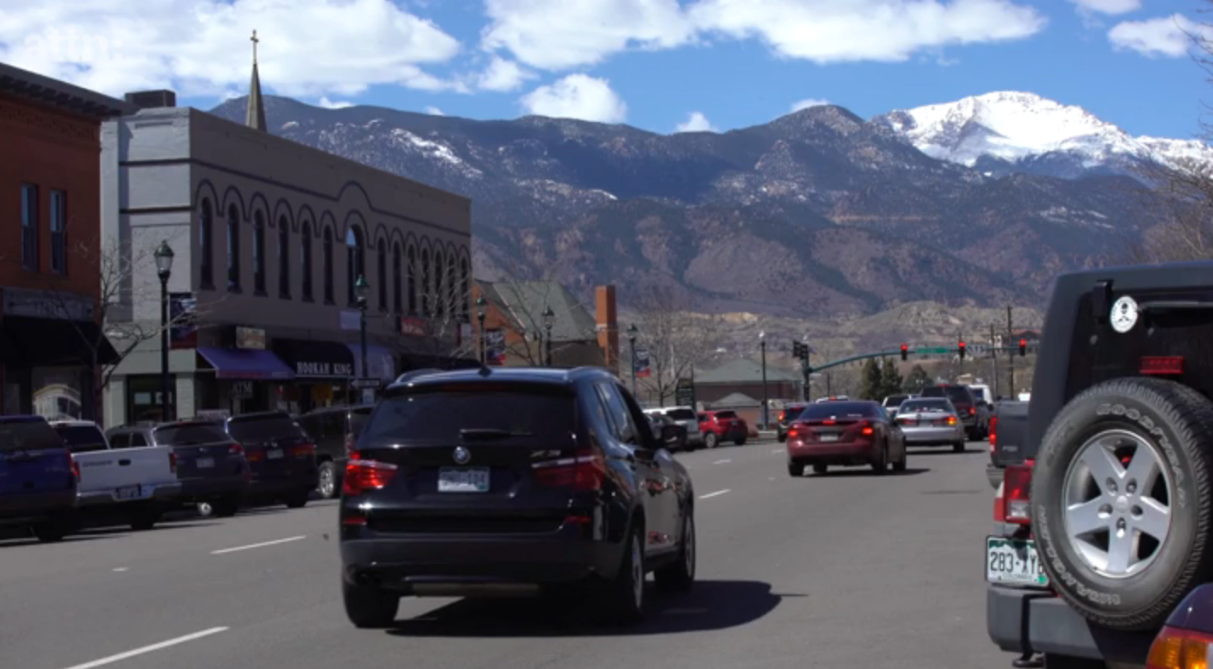What I Learned From Medical Marijuana Refugee Families

By:
It wasn't that they believed marijuana was a miracle drug. Sure, many would arrive at that conclusion, but it wasn't the reason they left family and friends, uprooted themselves, and resettled in towns and cities beyond the Rockies. Rather, it was desperation — the sobering realization that no combination of pharmaceuticals would save their children — that drove these parents to Colorado.

They call themselves medical marijuana refugees. Left with no legal protection, these parents fled their home states and took asylum in Colorado, the Mecca of the marijuana legalization movement. I met with several of these families earlier this month.
Today, they are advocates. But their activism is informed by firsthand experience, not some abstract belief in the healing powers of a federally controlled substance. I think there's often a misconception about the "type" of parents who choose to treat their sick children with marijuana, as if they're united by a set of shared political and ideological beliefs. In reality, the only thing that unites them is an uncompromising dedication to their kids' wellbeing.
Well, that and the fact that pharmaceuticals didn't work for many of these young patients. If the pills were effective and reduced the number of seizures that these infants, toddlers, and adolescents experienced each day (the majority of refugee families use cannabis to treat their kids with severe forms of epilepsy), it's unlikely they would have ever left. In many cases, however, the prescription drugs didn't work; in other cases, they worsened the very conditions they were designed to treat.
"We'll do anything — any parent would," Amy Dawn Bourlon-Hilterbran, the founder of American Medical Refugees, told ATTN:. "You'll go anywhere, you'll do anything, you'll try anything. And for years and years, we've tried pharmaceuticals that we knew could potentially kill our children — that certainly had hideous side effects and literally stole our children from us in the form of their personality and happiness."
"I mean, really, what else do we have to lose?"

Hilterbran's 14-year-old son, Austin, has Dravet syndrome, a catastrophic form of epilepsy that caused him — for most of his life — to dozens to hundreds of seizures per day. As ATTN: previously reported, the Hilterbrans moved from Oklahoma to Colorado in 2014 after pharmaceuticals nearly killed Austin, causing his vital organs to shut down from toxicity. Like so many parents I met, the Hilterbran's decision to treat Austin with cannabis reflected the state of desperation the family found itself in, not necessarily their optimism about the plant's medicinal value.
Oils derived from cannabis treated Austin's seizures better than any pill had, Hilterbran said. He's gone days, weeks, and months without seizures — something his parents wouldn't have expected in their wildest dreams — and they were also able to wean him off the half-dozen pharmaceuticals he was prescribed. Austin's story is nothing short of incredible, but what struck me during my trip to Colorado was how often I heard parents from all across the U.S. tell variations of the same story.

I met parents from Texas, Wisconsin, Indiana, Florida — even Ireland — who testified to the effectiveness of cannabis as medicine for their children. American Medical Refugees — an organization that helps families transition from states where marijuana is illegal to Colorado — counts more than 150 families as members, and each family's experience is certainly unique. That said, they share distinct commonalities: namely, they were parents before they were legalization advocates, singularly committed to their children's health.
The evidence of marijuana's medical benefits continues to grow, albeit slowly in the U.S., where federal restrictions make it difficult for scientists to access and study the substance. Anecdotally, however, the evidence spills over in Colorado.
When the acting chief of the DEA, Chuck Rosenberg, called medical marijuana "a joke" in 2015, patients and advocates shook their heads. More than 150,000 people signed a petition for the official's resignation. I asked Yvonne Cahalane, who moved to Colorado from Cork, Ireland, to treat her 2-year-old son with cannabis, what she made of Rosenberg's comment.
"I would hate for this person to need [cannabis] and then realize that it's not a joke," Cahalane said. "But maybe he should visit some children."
I found that answer powerful and true. It's one thing to ignore the research; it's another thing to entirely ignore the parents, their children, their stories and experiences. That's why I set out to visit Colorado and meet with these refugee families.
